Conducting such an investigative action as a search of a dwelling or other premises owned by a person is clearly regulated by the Criminal Procedure Code (CPC) of Ukraine. In particular, Article 234 of the CPC of Ukraine provides that the search is carried out on the basis of the decision of the investigating judge of the local general court or the investigating judge of the High Anti-Corruption Court in criminal proceedings concerning crimes attributed to his jurisdiction. The request of the investigator or prosecutor to conduct a search must contain a clear justification for obtaining permission from the court to enter the dwelling or other possession of a person.
At the same time, the CPC of Ukraine provides for exceptions. According to part 3 of Article 233, the investigator, the investigator, the prosecutor has the right to enter the dwelling or other possession of a person only in urgent cases related to the saving of life and property or to the direct prosecution of persons suspected of committing a criminal offense, before the decision of the investigating judge.
In this case, the prosecutor, investigator, investigator, in agreement with the prosecutor is obliged Urgently, we emphasize the urgency, since often the pre-trial investigation body abuses this deadline, after taking such actions, to apply to the investigating judge with a request to conduct a search. In addition, the pre-trial investigation body allows itself to conduct urgent searches of lawyers, and there are also cases of urgent searches among judges.
It is worth emphasizing that this is an exception to the rules that provide for the possibility of conducting a search without a decision of the investigating judge in urgent cases. However, the trends of recent years show that law enforcement agencies have adopted “such a mechanism” and are increasingly using urgent searches in their practice to collect evidence in criminal proceedings and then legalize them in court, although this contradicts the norms of the Criminal Procedure Code of Ukraine. About this, among other things, noted Chairman of the Supreme Court Stanislav Kravchenko during the International Criminal Law Forum.
As practice shows, investigative judges decide on requests for urgent post-fact search in different ways: in some cases, judges formally approach this issue, because the search and penetration into the person's dwelling have already taken place, and in others they refuse to satisfy the requests and as a result recognize the protocol and received and by the consequences of an urgent search, the evidence is inadmissible, applying the doctrine of the “fruit of the poisonous tree”.
Supreme Court Practice
In view of this, it is worth paying attention to the decision of the Unified Chamber of the Criminal Court of Cassation as part of the Supreme Court of October 7, 2024 in case № 466/525/22, in which the Supreme Court made a number of conclusions, including taking into account the different approaches in these matters of the judicial chambers of the CCC itself, in particular, in the application of the concepts of “property”, “rescue”, urgency of the case in the sense of Part 3 of Art. 233 Code of Criminal Procedure of Ukraine.
Under the circumstances of the case, the citizen was detained by law enforcement officers. During a personal search, drugs were found and seized from him. After his arrest at night, law enforcement officers conducted an urgent search of his place of residence, during which they found and seized particularly dangerous drugs and psychotropic substances. In the petition, which was submitted to the court in the morning, it was noted that the grounds for conducting an urgent search of the person's place of residence arose after his arrest at 18:50, that is, after the completion of the work of the district court (18:00). The search itself was carried out from 01:30 to 02:46. The investigating judge granted the relevant request.
In the future, when passing a sentence according to which a citizen was found guilty of committing a criminal offense, provided for in part 3 of Art. 307 of the Criminal Code of Ukraine, the district court recognized as inadmissible evidence the search protocol and all the evidence derived from it, therefore, in fact, was guided by the fact that insufficient evidence was established to prove the guilt of the person on the relevant charge. The Court of Appeal left unchanged the verdict of the district court.
The prosecutor appealed the decision of the courts in cassation and, among other things, in the cassation appeal, pointed out the unfounded conclusions of the appellate court on the legality of the decision of the district court to recognize the search protocol and all the evidence derived from it as inadmissible evidence.
As for the legality of the legalization of the urgent search, taking into account the different practices of the Armed Forces, the Unified Chamber of the CCC of the Supreme Court made the following conclusions.
Regarding the concept of “property” in the sense of Part 3 of Art. 233 Code of Criminal Procedure of Ukraine
A systematic analysis of the provisions of the CPC of Ukraine shows that the concept of property, on the one hand, and material evidence, on the other, can be considered as a whole and a part, respectively. Such measures of ensuring criminal proceedings, such as temporary seizure of property and seizure of property, even on the basis of their name, generally apply to various categories of property, but among other things — directly to physical evidence.
The combined interpretation of the provisions of the criminal procedural law unequivocally indicates that in the understanding of Part 3 of Art. 233 of the CPC of Ukraine, the concept of “property” covers by its content things, documents, money, other valuables and material objects, among which, objects, tools, means of committing a criminal offense, which have or may have signs of material evidence.
Regarding the concept of “salvation” in the aspect of application of Part 3 of Art. 233 CPC of Ukraine
Prescriptions of Part 3 of Art. 233 Code of Criminal Procedure of Ukraine provides for the possibility of penetration into housing (other possession) in the process of criminal procedural activities for the investigation of criminal offenses. Accordingly, during penetration, the necessary procedural actions can be carried out aimed at saving property, among other things, objects of the material world that have or may have signs of material evidence during the search. In a situation where the investigator or prosecutor becomes aware of the possible destruction of property, which may be material evidence in criminal proceedings, the provisions of Part 3 of Art. 233 of the Criminal Code of Ukraine on its rescue, which are the grounds for immediate penetration into the dwelling (other possession).
Regarding the urgency of the case in the sense of Part 3 of Art. 233 Code of Criminal Procedure of Ukraine
The OP of the CCC of the Supreme Court proceeds from the fact that penetration into the dwelling or other possession of a person is an alternative to obtaining a preliminary ruling from the investigating judge on permission to search in situations where there are reasonable fears that during this time the property will be destroyed in case of compliance with the emergency order. The need to find and remove objects that may be material evidence, in the context of Part 3 of Art. 233 CPC of Ukraine is justified if there are reasonable grounds for assuming the existence of a real threat of destruction of property.
In the petition attached to the materials, in the decision of the investigating judge, made post factum, it should be stated about the goal (attempt, desire) to preserve material evidence from the predicted loss, if there is a reasonable assumption of the existence of a real threat of their destruction. In the application for permission to search in accordance with Part 3 of Art. 233 of the Code of Criminal Procedure, the attached materials should indicate which circumstances, up to the time of penetration, indicated that the observance of the emergency order could entail the loss of property, that there is a real concrete threat of such loss, destruction, it is indicated, why the threat is not unreasonably perceived as real.
On urgent judicial review post factum
Arbitrary implementation of the rule on urgent retrospective judicial control, that is, with the missed deadline that was objectively required for this, does not meet the criterion of “urgency”, if the circumstances present in the criminal proceedings do not indicate objective and insurmountable obstacles to apply with the relevant petition as soon as possible, and is a violation of the provisions of Part 3 of Art. 233 Code of Criminal Procedure of Ukraine.
On the arguments for the unreasonable recognition of the inadmissible evidence of the search protocol and the evidence derived from it
OP KKS noted that according to the provisions of Art. 233 CPC detection and fixation of information about the circumstances of the commission of a criminal offense are not provided as grounds for conducting an urgent search, because, as an exception, the legislator, to consolidate the conventional and constitutional rights of persons, provided an opportunity to penetrate the premises in public interests, including saving lives and property, and not in the interests of pre-trial investigation in a particular criminal proceeding.
The grounds for conducting an investigative action as an emergency, in the presence of appropriate procedural grounds, may be the subject of verification during the trial. At the same time, in the absence of the relevant application, the materials on which it is based, in the decision of the investigating judge, made ex post factum on the legalization of the investigative action carried out as an urgent, substantiated conclusion on the existence of grounds for immediate entry into the dwelling or other possession of the person without the decision of the investigating judge, finding and establishing such grounds during the trial or appeal review does not comply with the provisions of Articles 233, 234 of the CPC of Ukraine.
Summing up
The conclusions given in the resolution of the Criminal Code of the Supreme Court of Justice are important for law enforcement practice regarding the urgency of conducting searches by the bodies of inquiry, and will influence the latter's approaches to using such a mechanism for collecting evidence. It is important that the Supreme Court also pointed out the special role of the investigating judge and the court in legalizing the collected evidence in the course of an urgent search without prior judicial authorization, noting that the decision of the investigating judge made ex post factum should indicate the exact circumstances at the time of penetration evidence indicated that delay could lead to the destruction of material evidence, that information about the threat of their destruction, loss gave grounds to perceive it as real.
In addition, this behavior of law enforcement should arouse international condemnation, the corresponding actions of law enforcement agencies can cause complaints from international organizations such as the Venice Commission and the Council of Europe.
Other news
More news









.jpg)


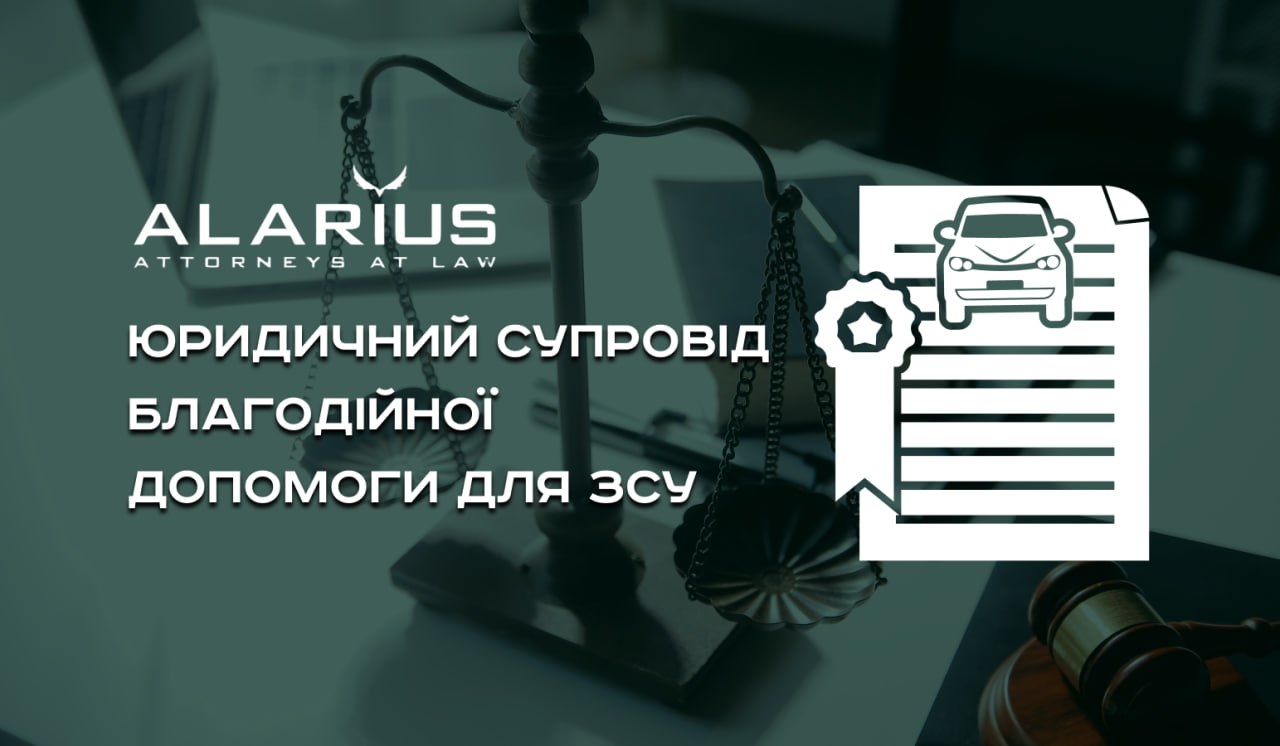

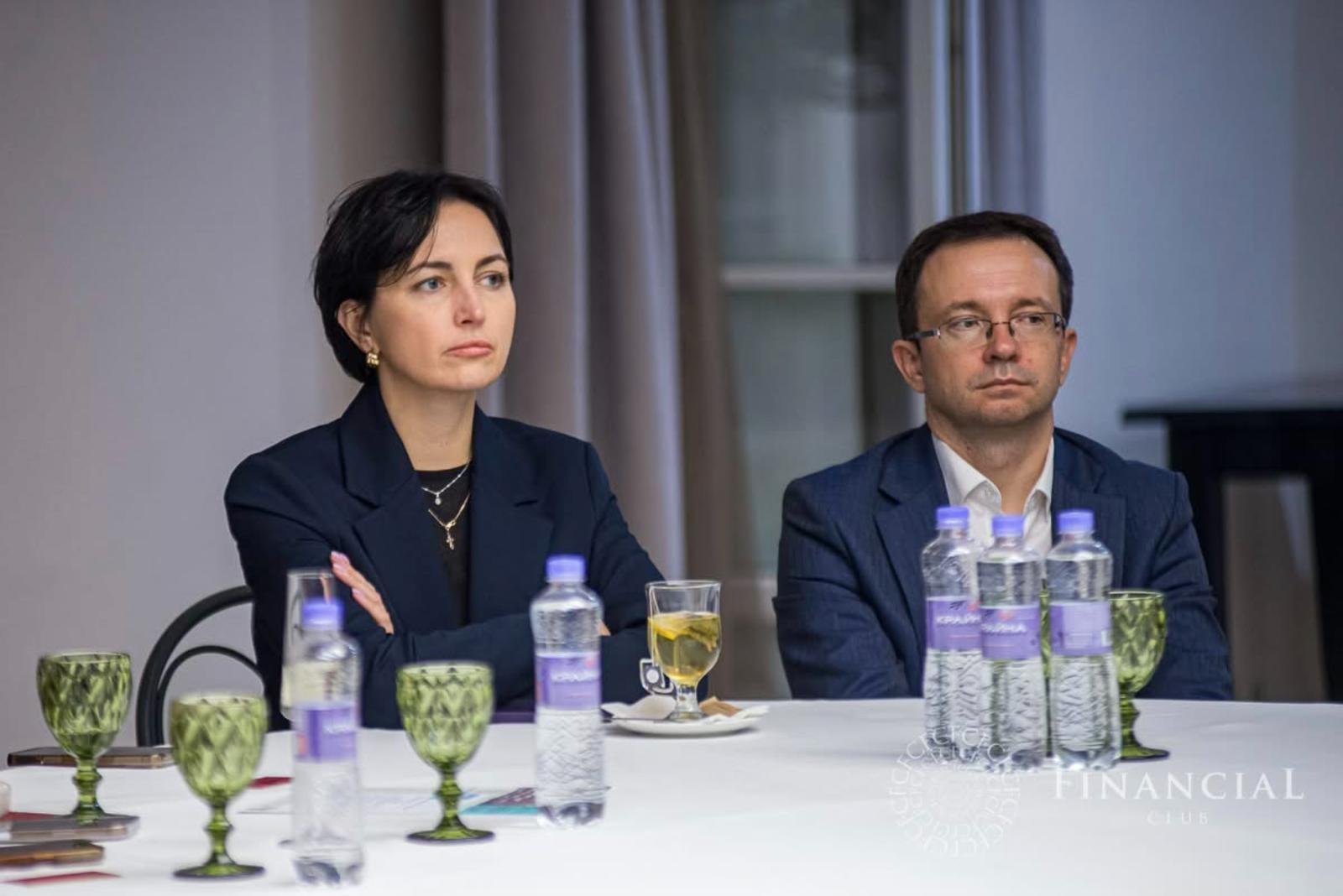
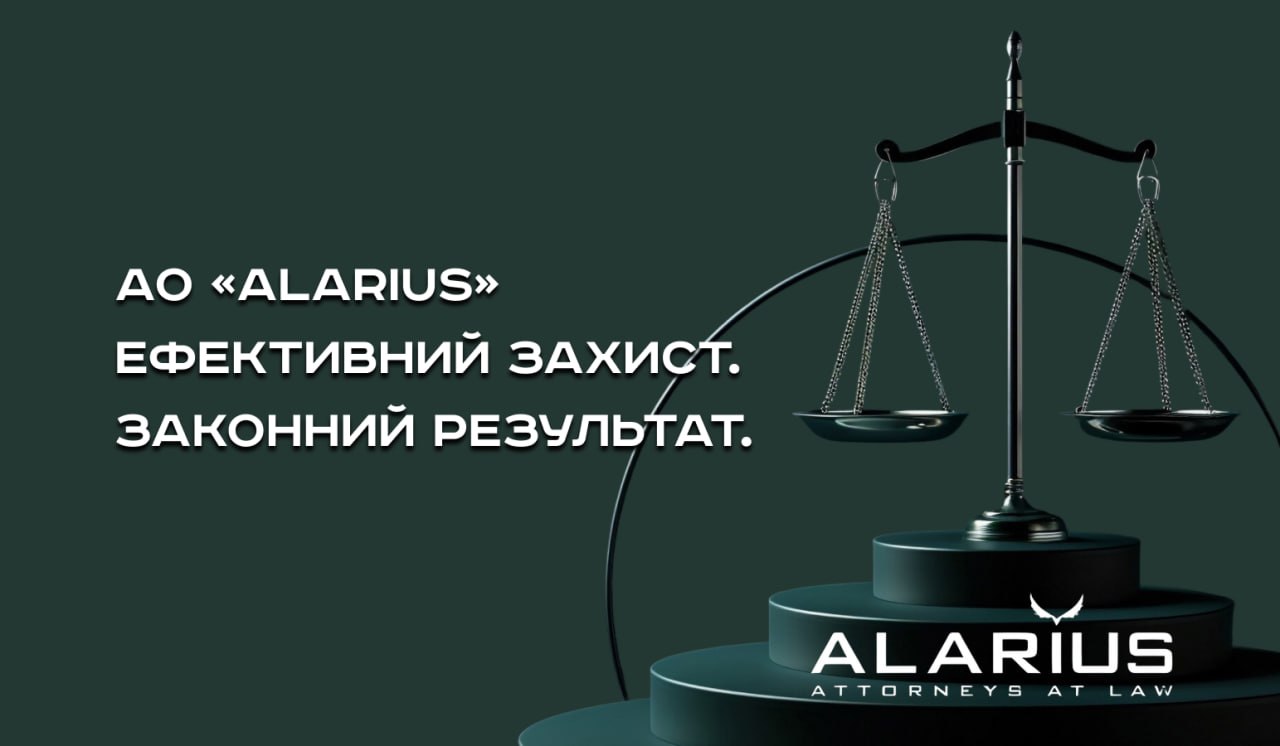

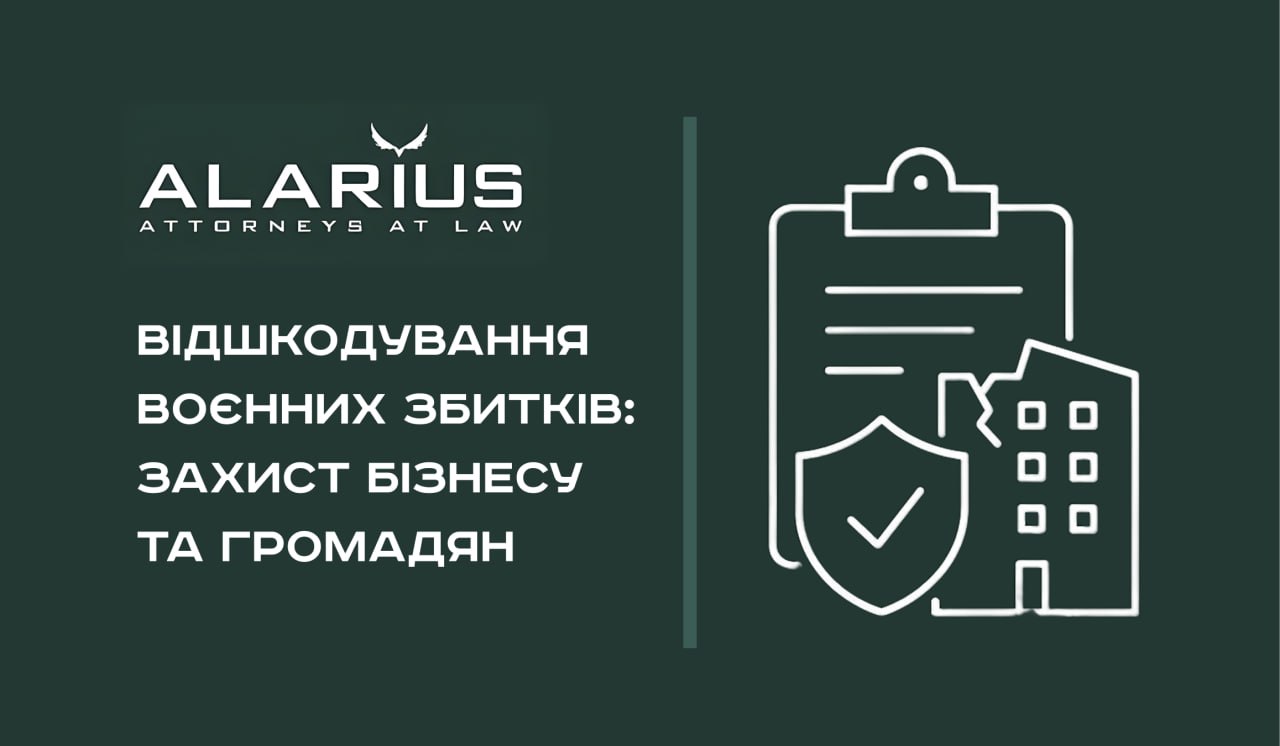

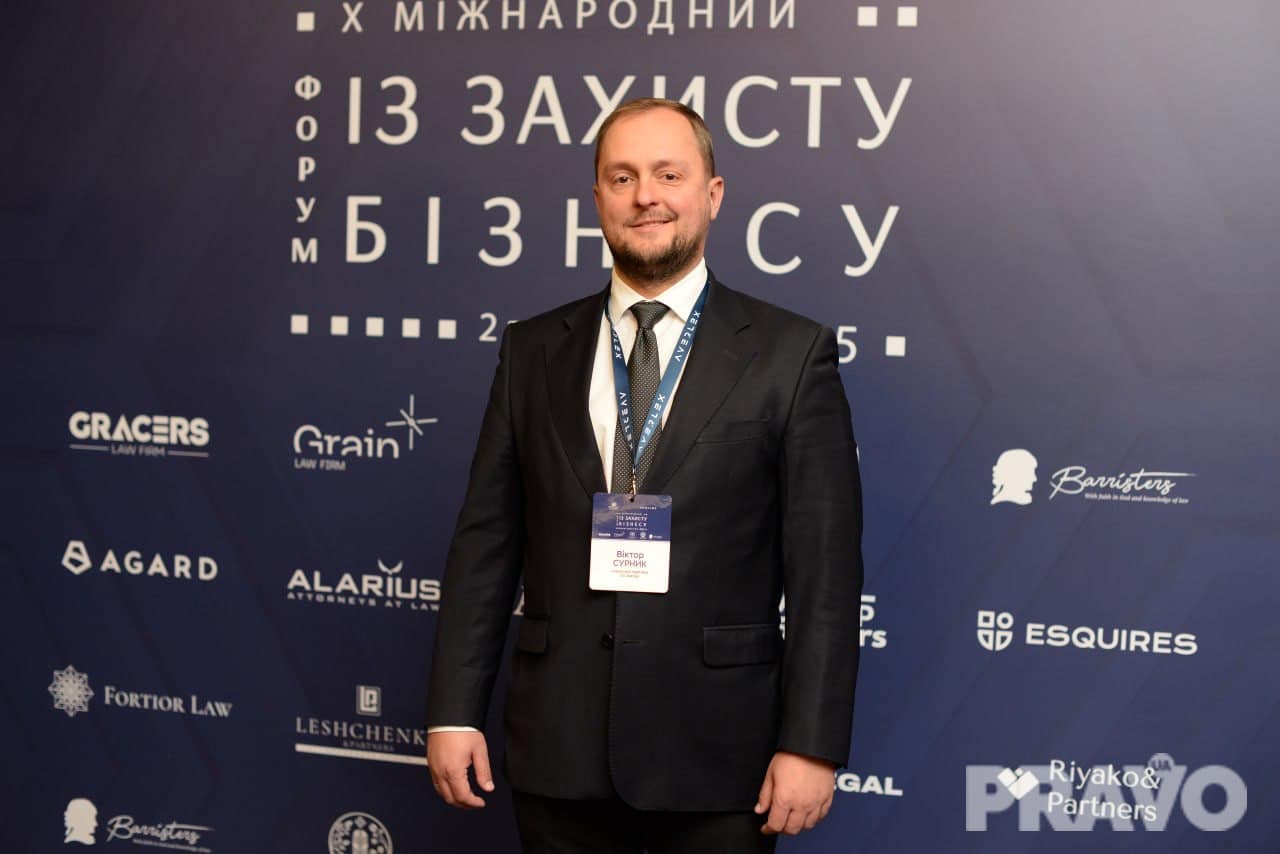

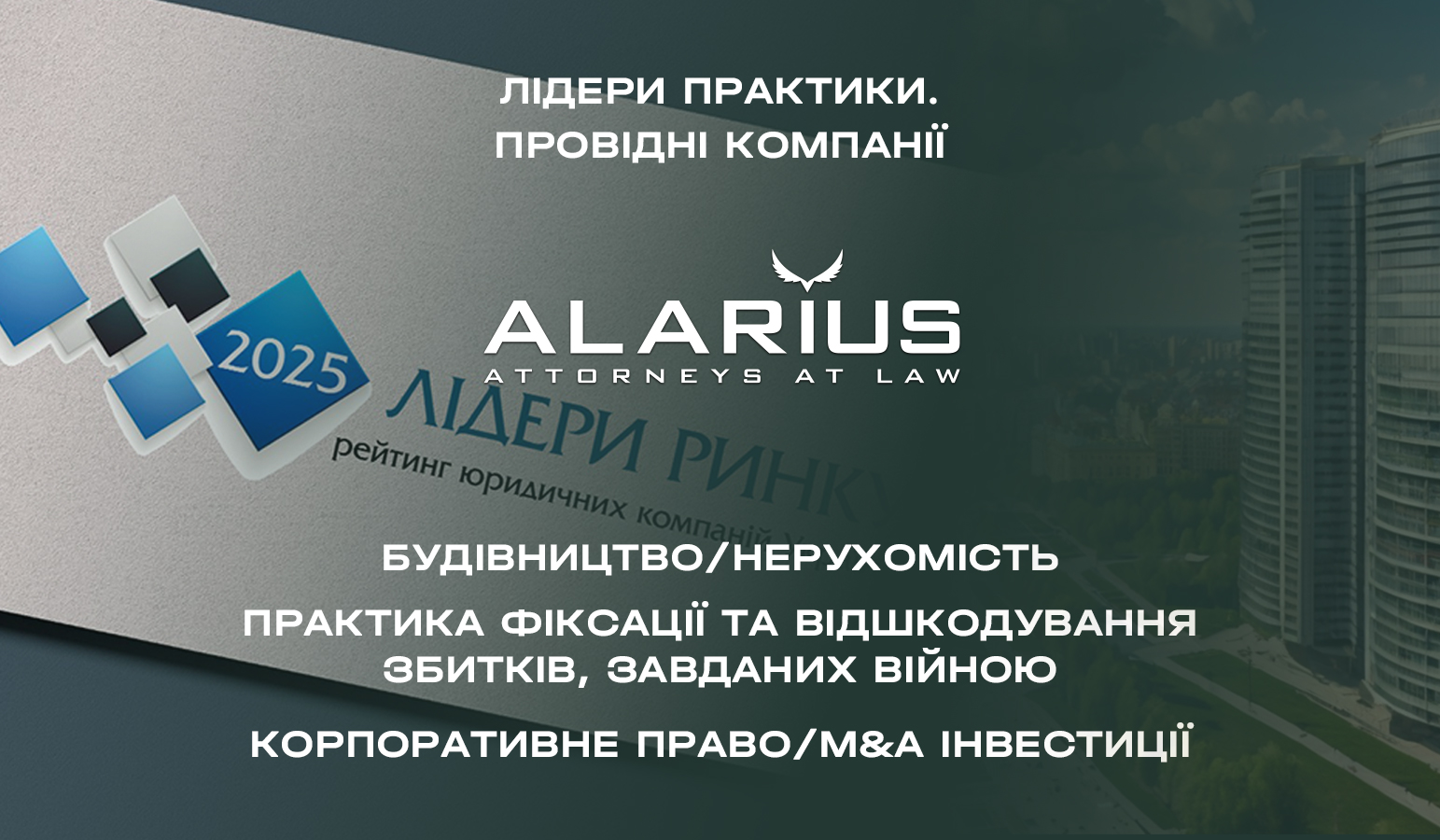










.jpg)




.svg)


.svg)
.svg)
.svg)




.svg)
.svg)
.svg)
.svg)

.svg)
.svg)

.svg)


.svg)
.svg)
.svg)

